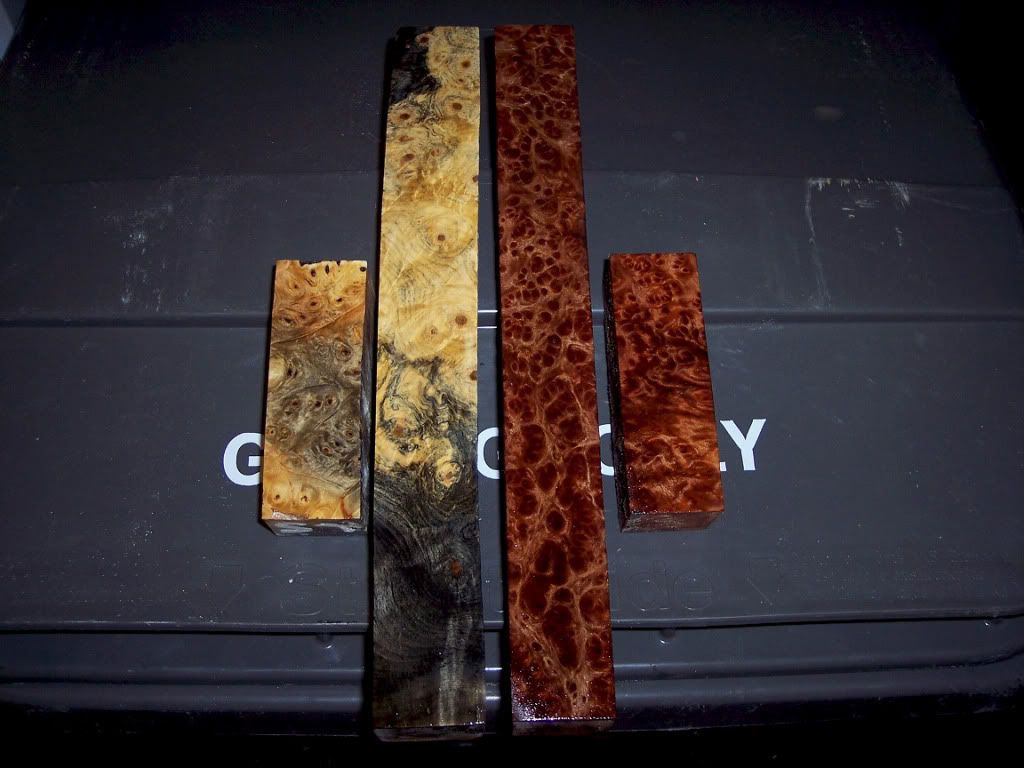If you asked this question in the Ask the Cue Maker forum, you would get
both the same and possibly different answers as in the Main forum.
Same goes for asking in the Cue and Case Gallery.
Just because a person doesn't build cues doesn't make some or many any less qualified to give an opinion.
When a person has a custom cue made, they are made based on the type of wood they like in a cue. That and in part, the cue maker that they have chosen to make the cue. In that respect, the type of construction techniques used by that maker as well as woods that he has chosen for coring, handle wood etc.
The maker, has most definitely over the years experimented with different wood combinations and thru trial and error, mistakes etc, has come to the conclusion of what works best for them.
As many makers that will agree on certain types of woods and what works best or better, you will find just as many that will have varying opinions on other materials. Can of Worms, right? If every maker used the same woods and techniques in building, it would get
pretty boring quickly wouldn't it.
Makers do share knowledge so in my opinion, the art of cue making will always be evolving as knowledge and new techniques are experimented with and shared.
So, the person that owns the custom cue, knows what materials were used in constructing their cues and have just as much a qualified opinion
of what works and what doesn't, at least for them in any particular cue that they have or are using at the moment.
They might not have a broader range of knowledge concerning all the materials used in cue making, but, like I mentioned, they know what works for them in many instances. That said, I'm sure there are many players and collectors that have experimented with the use of different woods based on personal preferences.
So, just because you are not physically making the cue yourself, doesn't mean that both players and collectors have not studied
different species of woods and are knowledgeable about them.
The reason different wood types are used in construction range from aesthetics, adding or reducing weight, guarding against warpage when using lighter more unstable woods and exotics.
Then you get into the personal preferences of the makers re the matching of woods, including the use of even exotic woods for use as core woods.
The makers personal preferences will be based on years of trial and errors.
